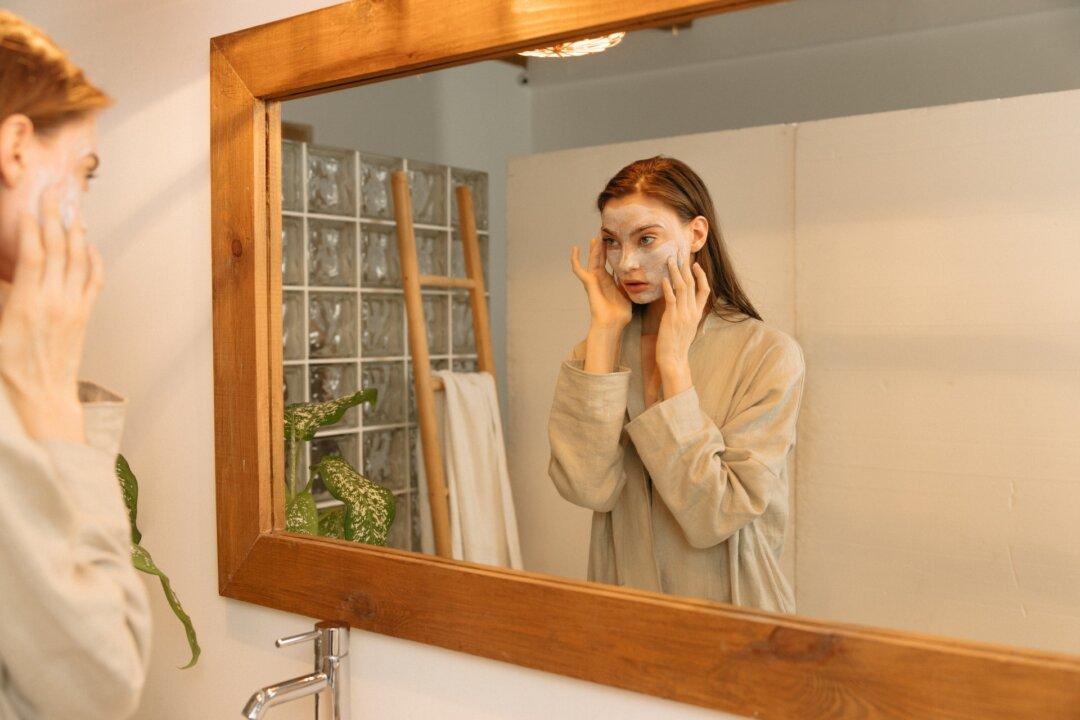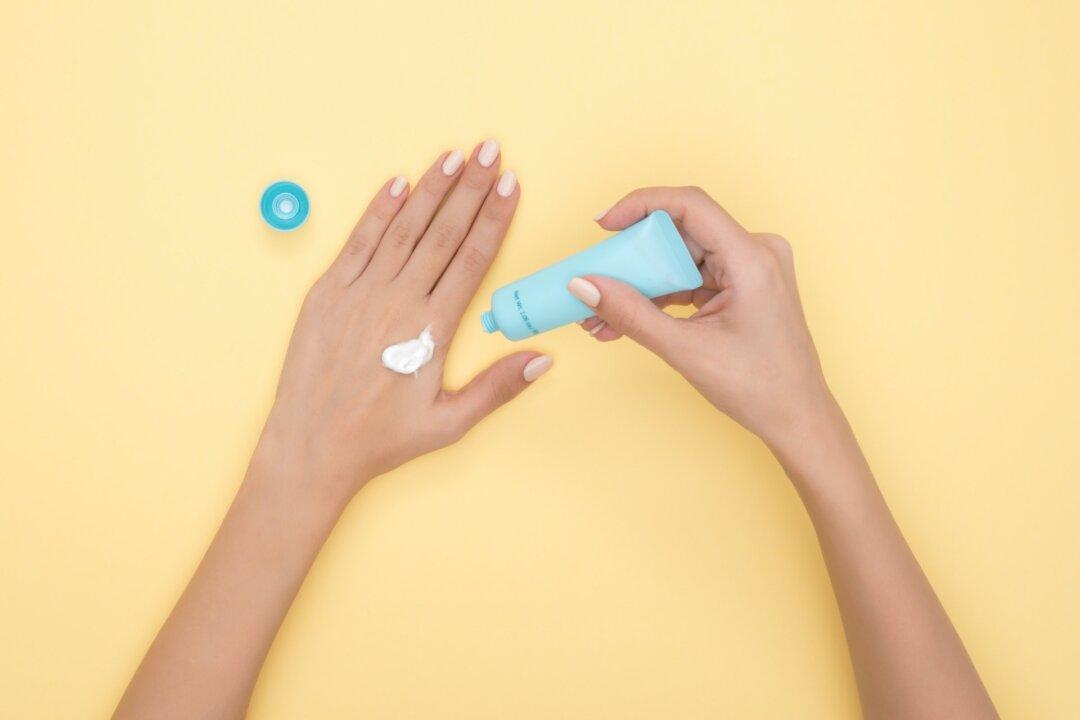Rosacea, a chronic and frequently relapsing inflammatory skin disease primarily affecting the central areas of the face, is said by some to be among the trickiest of skin conditions. The medical community currently considers it of unknown origin.
While certain foods like omega-3 fatty acids might play protective roles, the most frequently reported triggers implicated in rosacea include spicy foods; histamine-rich foods (aged cheeses, wine, processed meats); foods containing cinnamaldehyde (tomatoes, citrus fruits, chocolate); hot drinks; and alcohol, according to a recent study of rosacea and diet. Alcohol in particular worsens flushing, and fatty foods can trigger both vascular (erythematotelangiectatic) and phymatous rosacea flare-ups.





